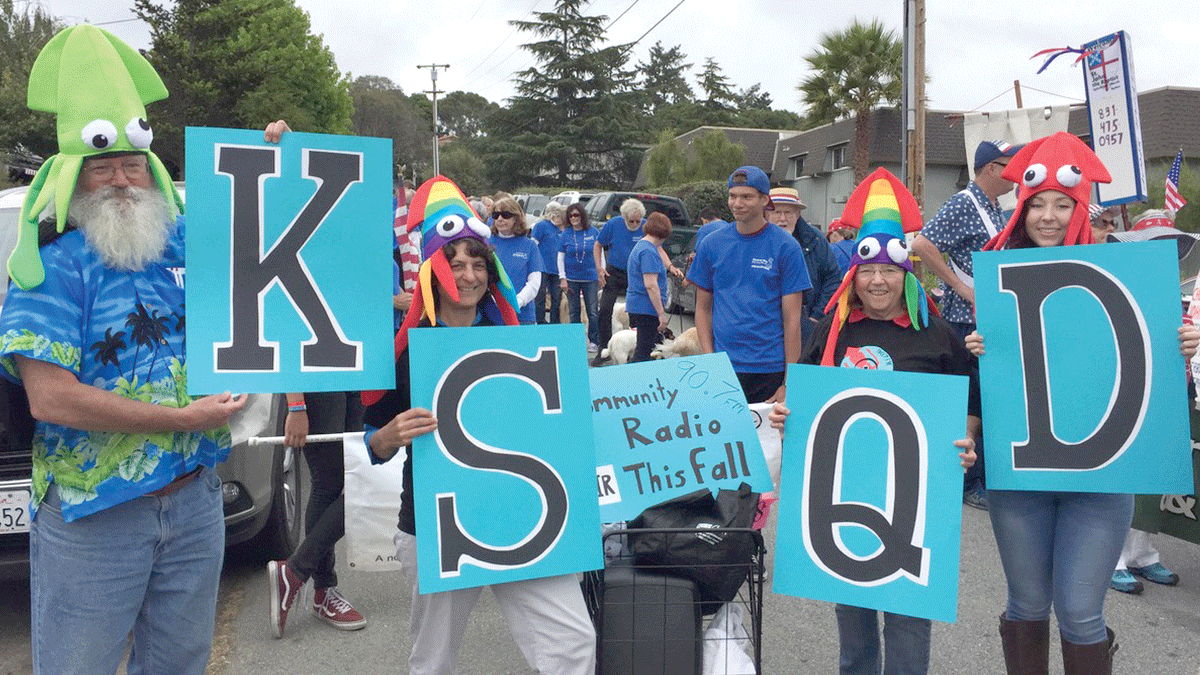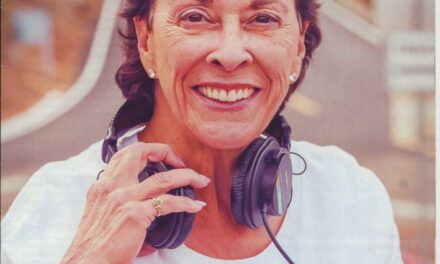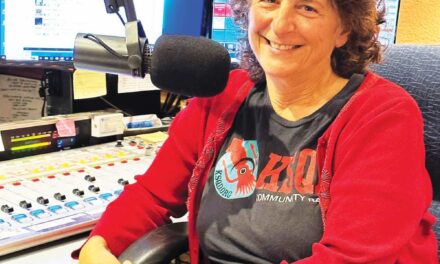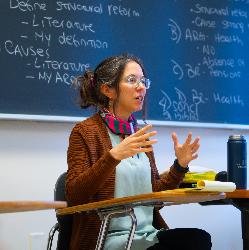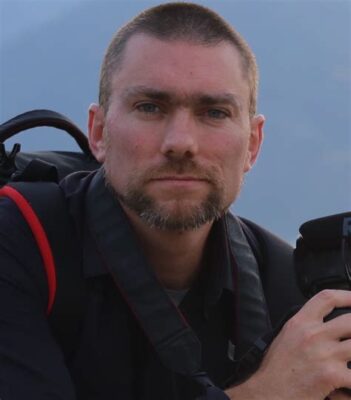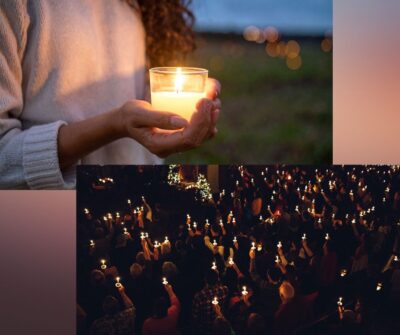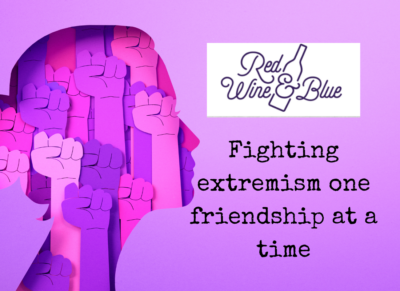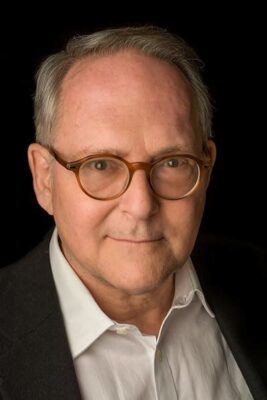BY STEVE PALOPOLI
The Good Times
When the group behind the planned Santa Cruz community radio station KSQD announced in March that it planned to start broadcasting by mid-June—meaning the all-volunteer, 100-percent grassroots, extremely DIY nonprofit Natural Bridges Media that had formed in December of last year to purchase, rebrand, raise funds for and clear bureaucratic hurdles on a new launch for the 90.7 FM frequency would be able to do so in a mere six months—it seemed impossible.
And it was.
In June, when NBM announced a new target date of Sept. 1, it still seemed outrageous, even though they had cleared some massive hurdles, like getting FCC approval for KSQD and finding office space in the Harvey West neighborhood through the Santa Cruz County Office of Education. And, again, it probably was.
“It’s not looking good,” admits Rachel Goodman, chair of NBM’s board. “We’re delayed again.”
This time, NBM was held up by a long wait for legal documents that took far longer than expected to process. The group is dealing with multiple governing bodies at once—not only the federal government and the county, but also the UC system, from whom they are leasing space on KZSC’s transmitter.
“There’s a lot of legal twists and turns, and huge bureaucracies involved,” says Goodman. “It’s like pushing a boulder up a hill, and then you run into a bigger boulder.”
But here’s the thing: if KSQD goes live any time this year, it would be a mightily impressive feat by any measure. So why do the people behind the new station keep giving themselves crazy deadlines?
One practical reason is fundraising. NBM has had to raise a lot of money to get KSQD up and running, most of which went to buying the station and other initial costs. (They still have to raise $40,000 of what they anticipate to be $83,000 in operating costs for the first year on the air.) And they are clearly driven to deliver on their promises to a community looking to fill the hole left when KUSP went bankrupt and disappeared from the FM band in 2016.
“The people who gave us $265,000, they’re expecting something,” says NBM’s Mathilde Rand, the board treasurer, who has been spending countless hours poring over insurance documents and other paperwork necessary to get KSQD on the air. “There’s work to be done.”
For the last eight years that KUSP was on the air, Rand hosted First Person Singular, that station’s long-running series of two-minute pieces that let local people tell their own stories. That’s one of several KUSP shows that will be resurrected on KSQD (with Rand once again hosting)—along with Dr. Dawn Motyka’s Ask Dr. Dawn, Charlie Lange’s blues showcase, the tech advice segment Geek Speak, Zombie Jamboree, and the former station’s daily news and current-events flagship Talk of the Bay. Bringing these shows back, Goodman says, was a no-brainer.
“Everyone asked for these shows by name,” she says.
But while much of the focus so far has been on the ways that KSQD will be like KUSP, it’s also important to note that NBM is actively trying not to be like KUSP in some ways. In particular, like the final years of KUSP, which saw the station move further and further from local programming, alienating much of the community that had once supported it.
“It’ll be totally different than the last 10 years of the station,” says Goodman, pointing to the almost fully local programming slate. KSQD will run a few syndicated programs—most notably Amy Goodman’s Democracy Now, which will air every weekday at 8 a.m.
KSQD programmers are also trying to broaden the scope of local programming and be more inclusive than KUSP.
“There will be more cultural diversity, more female voices, a lot more African-American voices, and also more youth voices,” says Goodman. “It’ll sound more like a kaleidoscope of Santa Cruz County.”
For Rand, the question of who gets a voice on the airwaves is key to KSQD’s reason for existing at all. “Building community has always been important, but now I think it’s even more important,” she says of the current political climate. “The end goal is letting voices from the community be heard.”

